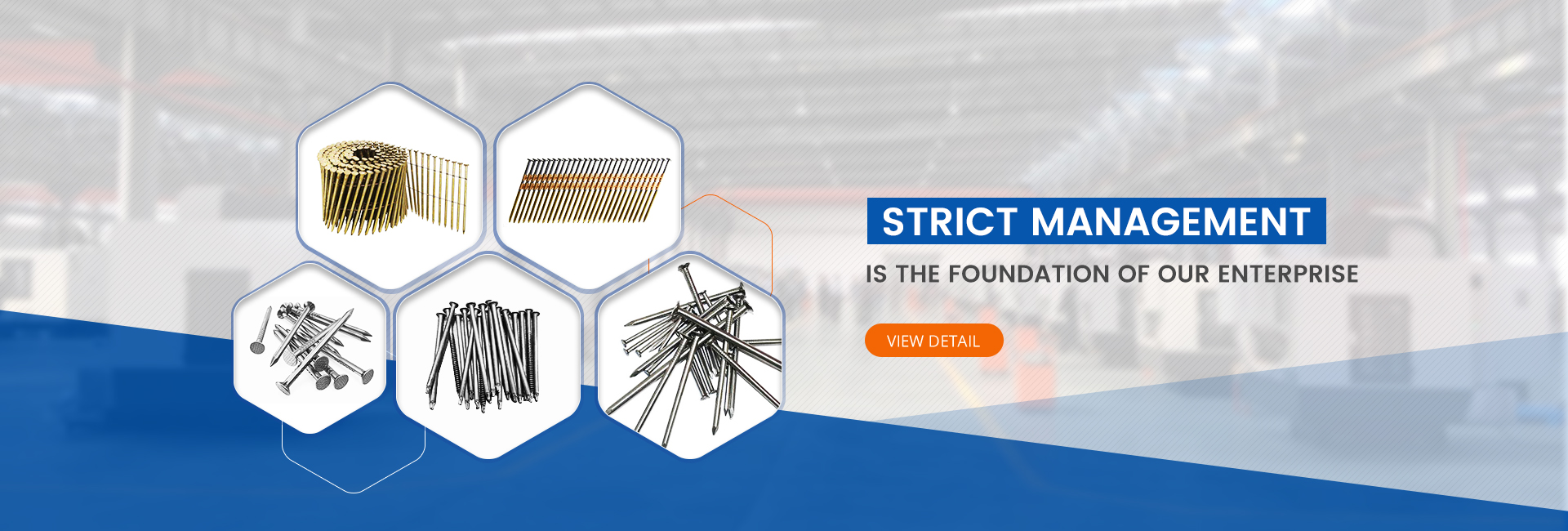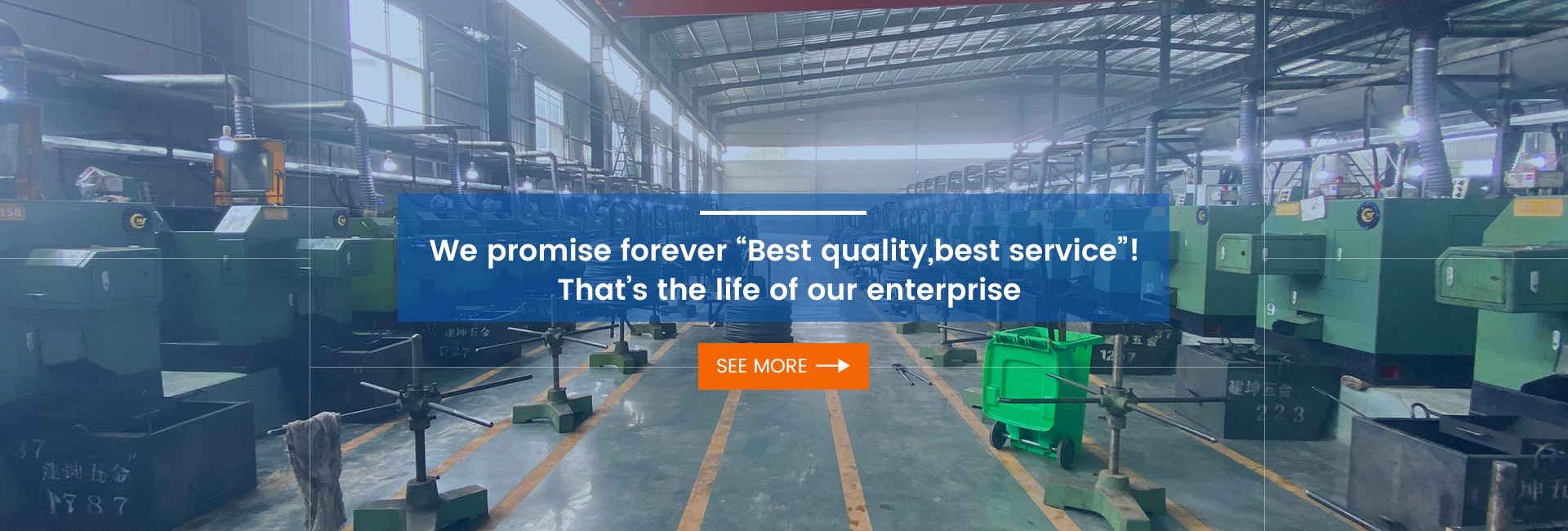As we progress through 2024, the hardware industry continues to experience dynamic changes, driven by technological advancements, shifts in consumer demands, and a growing focus on sustainability. In this article, we explore the key trends shaping the future of the hardware sector and what they mean for businesses and consumers alike.
1. The Rise of Smart Hardware Solutions
One of the most significant developments in the hardware industry is the increasing integration of smart technology into traditional products. Smart hardware, which includes devices and tools connected to the Internet of Things (IoT), is becoming more common in both consumer and industrial markets. These products offer enhanced functionality, such as remote monitoring, automation, and data-driven decision-making, making them highly valuable for modern applications.
This trend is particularly evident in the construction and home improvement sectors, where smart locks, sensors, and automated tools are gaining popularity. Manufacturers are investing heavily in R&D to innovate and expand their smart hardware offerings, catering to a growing demand for products that provide convenience, efficiency, and enhanced security.
2. Sustainability Takes Center Stage
Sustainability has emerged as a central theme across industries, and the hardware sector is no exception. As environmental concerns become increasingly important to consumers, companies are adopting green manufacturing practices and developing eco-friendly products. This shift is not only a response to regulatory pressures but also a strategic move to align with consumer preferences.
In the hardware industry, this trend is manifesting in several ways. Manufacturers are prioritizing the use of recycled materials, reducing waste, and optimizing energy consumption in their production processes. Additionally, there is a growing emphasis on producing durable, long-lasting products that reduce the need for frequent replacements, thereby minimizing environmental impact.
3. E-Commerce and Digital Transformation
The hardware industry is undergoing a digital transformation, with e-commerce playing a crucial role in how products are marketed and sold. The rise of online shopping platforms has made it easier for consumers and businesses to access a wide range of hardware products, often with the convenience of doorstep delivery.
For hardware companies, this shift means investing in robust digital platforms that offer seamless user experiences, detailed product information, and efficient logistics. The integration of AI and data analytics into these platforms is further enhancing customer engagement by providing personalized recommendations and optimizing inventory management.
4. Globalization and Supply Chain Resilience
Globalization continues to shape the hardware industry, with companies expanding their operations and sourcing materials from different parts of the world. However, recent challenges such as supply chain disruptions and geopolitical tensions have highlighted the need for greater supply chain resilience.
To address these challenges, businesses are diversifying their supply chains, investing in local production facilities, and adopting technologies that enhance visibility and flexibility. This approach not only mitigates risks but also allows companies to respond more effectively to market fluctuations and customer demands.
5. Innovation in Materials and Design
Innovation remains a driving force in the hardware industry, particularly in the development of new materials and design approaches. Advanced materials such as composites, high-strength alloys, and engineered polymers are being used to create products that offer superior performance, durability, and cost-effectiveness.
In addition to materials innovation, there is a growing trend towards modular design in hardware products. This approach allows for easier assembly, maintenance, and customization, making products more adaptable to different applications and user needs. Modular designs are particularly appealing in the construction and industrial sectors, where flexibility and scalability are critical.
Conclusion
The hardware industry is at a pivotal moment, with exciting opportunities and challenges on the horizon. As companies navigate this evolving landscape, those that embrace innovation, sustainability, and digital transformation will be best positioned to thrive. At HEBEI UNION FASTENERS CO., LTD., we are committed to staying ahead of these trends, offering high-quality hardware solutions that meet the demands of today’s market.
Explore our latest products and learn more about how we are driving innovation in the hardware industry by visiting www.hbunisen.com.
Post time: Sep-02-2024



